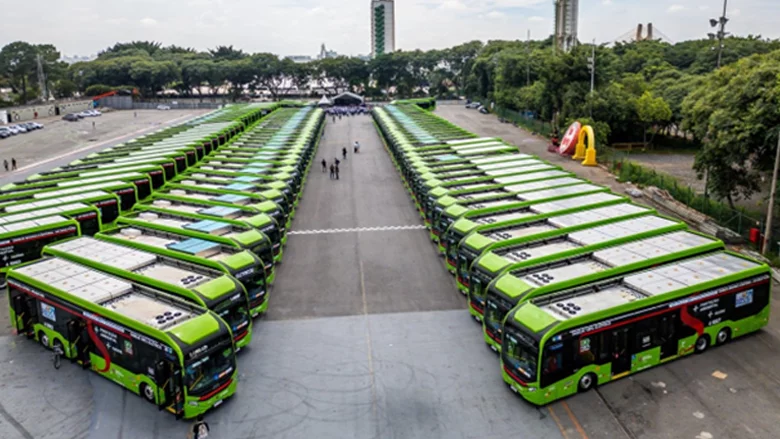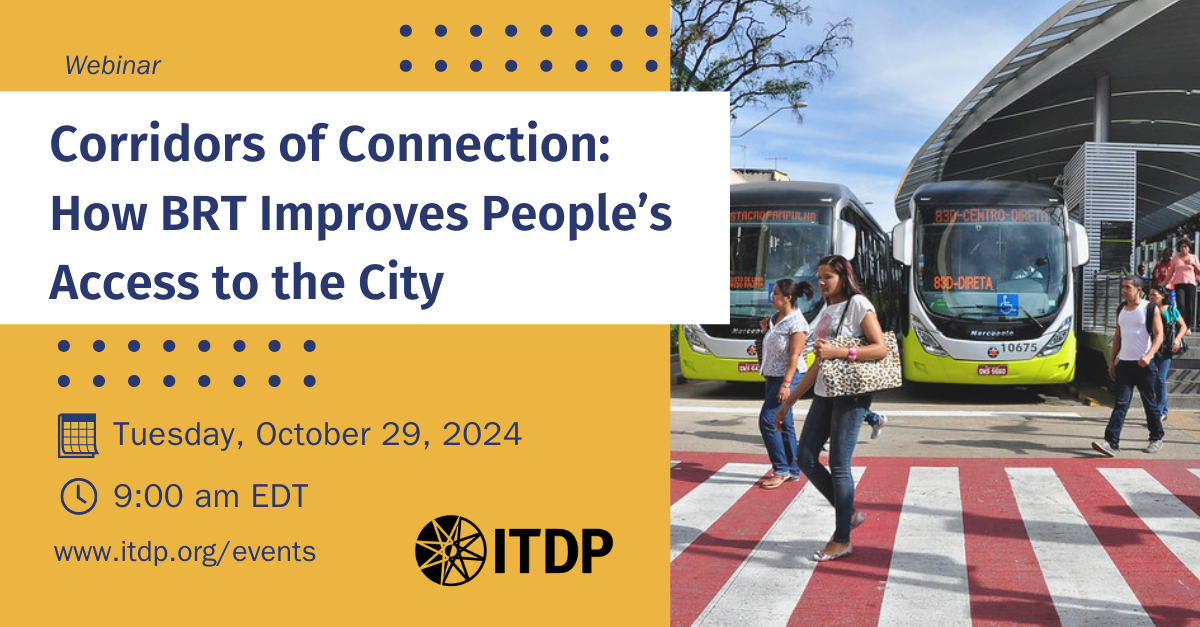In this paper we challenge the prevailing practice of conducting one-off cross-sectional mobility surveys, making a case for change on the basis of usefulness and cost-effectiveness. We believe that urban areas over say, one million inhabitants, should collect mobility data on a continuous basis as part of their efforts to guarantee sustainable development. This would allow them to gain a proper understanding of the pressing environmental and transport-related issues of today’s world, as well as of the effects of economic growth and price (especially for fuel) volatility. In our scope we include panel data (i.e. information from a smaller sample of respondents who are interviewed at different points in time, hopefully during several years), as this type of information is unique in its ability to help understanding behavioural changes and the impact of time-related effects, such as habit and inertia. We revise the state of affairs in different parts of the world, not limiting ourselves to urban data.




